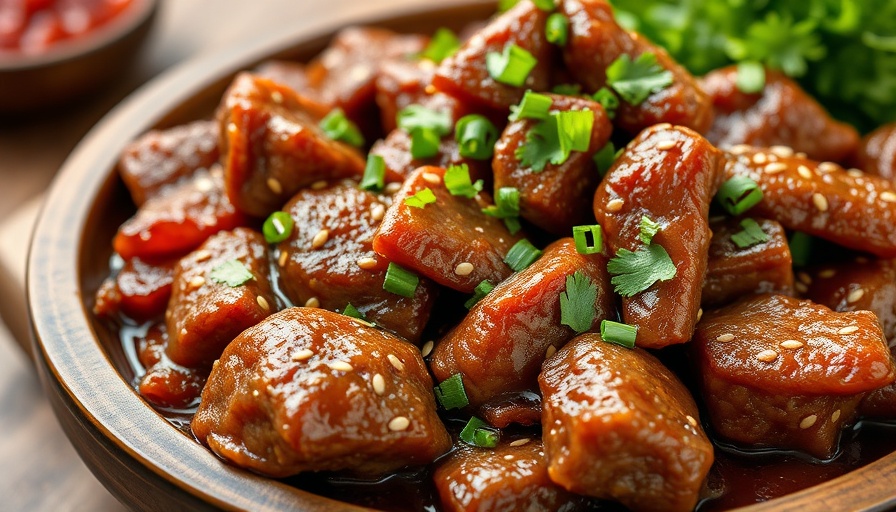
The Rising Cost of Staple Foods: A Crisis for Nigerians
The price of essential ingredients for Nigerian stew has seen an astonishing rise of 121.05%, as reported by PricePally's 2024 Stew Index. This alarming surge pushes the total cost of preparing a pot of beef stew to ₦17,817, drastically up from ₦8,060 just a year ago. The cost hike can largely be attributed to supply chain disruptions and the depreciation of the naira, which contributes to widespread food inflation.
The Economic Burden on Households
The rapid increase in food prices hits low-income families particularly hard. It is reported that with the new minimum wage set at ₦70,000 a month, minimum wage earners are now required to allocate 25.45% of their monthly income just to prepare a single pot of beef stew. This financial strain forces families to reconsider their dietary habits and spending, with many opting for cheaper, less nutritious alternatives, significantly altering traditional eating practices.
Ingredients Under Pressure: A Closer Look
The surge in prices is also visible across various components of the Nigerian diet. For instance, the costs of chicken stew ingredients have increased from ₦7,085 to ₦15,034, and the price of goat meat has shot up 153.03% from ₦8,227 to ₦20,811. Even a protein-free stew ingredient set has more than doubled in price over the same time period. Issues like reduced supply, spoiled inventory due to poor storage infrastructure, and extreme weather changes exacerbate the situation, leading to these soaring costs.
Consumer Behavior Shifts Amidst Crisis
In light of these economic pressures, many Nigerians are adopting new strategies when it comes to food procurement and meal preparation. A trend has emerged where families buy in bulk from wholesale markets or choose locally sourced alternatives to save costs. For example, families are increasingly turning to staples such as beans and garri. Restaurant owners too have reported a decrease in patronage as consumers tighten their budgets.
The Road Ahead: Easing Solutions or Continuing Struggle?
While there are slight signs of improvement with some food prices stabilizing, the long-term outlook remains bleak unless significant structural changes are made. Various agricultural experts underscore the need for government interventions in production and supply chain enhancement to alleviate inflationary pressures. Until these broader economic issues are tackled, Nigerian households will continue to grapple with escalating food prices, revealing profound vulnerabilities in the nation's food systems.
 Add Row
Add Row  Add
Add 




Write A Comment